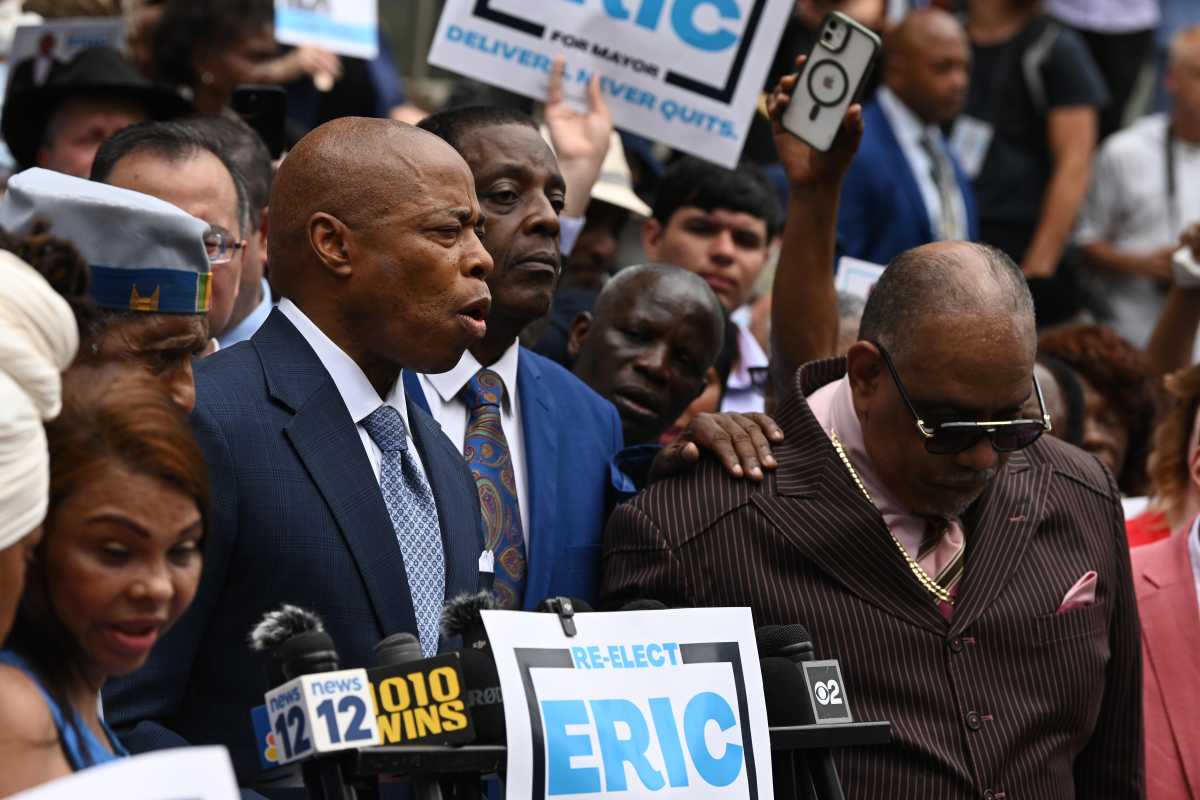All staged events are not created equal. That’s especially true when it comes to carnival, and even truer for the Caribbean and the African and Indian Diasporas in the wider Americas as it relates to carnival. It is a celebration, yes! But what is its underlying function to revelers? And can we view the event’s appeal outside the prism of mere fun, is what I am asking and seeking to answer, since I am making the case that it’s not like other festivals.
To not hold you in great suspense: Carnival is staged to allow personalities, in that moment, to take in a little more oxygen than they normally would or be allowed to exhibit, to reverse to some extent the opiatic symptoms due to the oppression and regression induced by a culture that seeks to marginalize its subjects.
In other words, it’s a time and space to enlarge one’s personality, with little or no impunity by that culture and its gatekeepers; it’s an opportunity for the individual to occupy a larger social space, if you will, particularly the so-called underprivileged in that society, than would be allowed under typical circumstances (and not be further stigmatized). Carnival was created with such intentionality in mind, at least allowed to serve as such an outlet for the most marginalized, as it applies to colonies, but of course all oppressed people by their governments/masters.
To fully appreciate the psychological benefits of carnival, one has to reflect and analyze the marginalization of individuals and their personalities during regular times in the society. Family and non-family members alike seek to envelope or box the experiences of each other, to purposely regulate the other person’s expression of self and, in turn, esteem, psychology and ultimately personality.
In effect, keeping the other small is the norm because the group as a collective suffers from a smallness of stature in relation to its government, ruling class or to other groups far removed physically. Hence, the weight of being dominated is projected in the most self-serving of ways by individuals, resulting in a vicious cycle that permeates particularly in small communities.
like yuh playing mass.”
The author is a Brooklyn-based Grenadian writer and businessman.


























